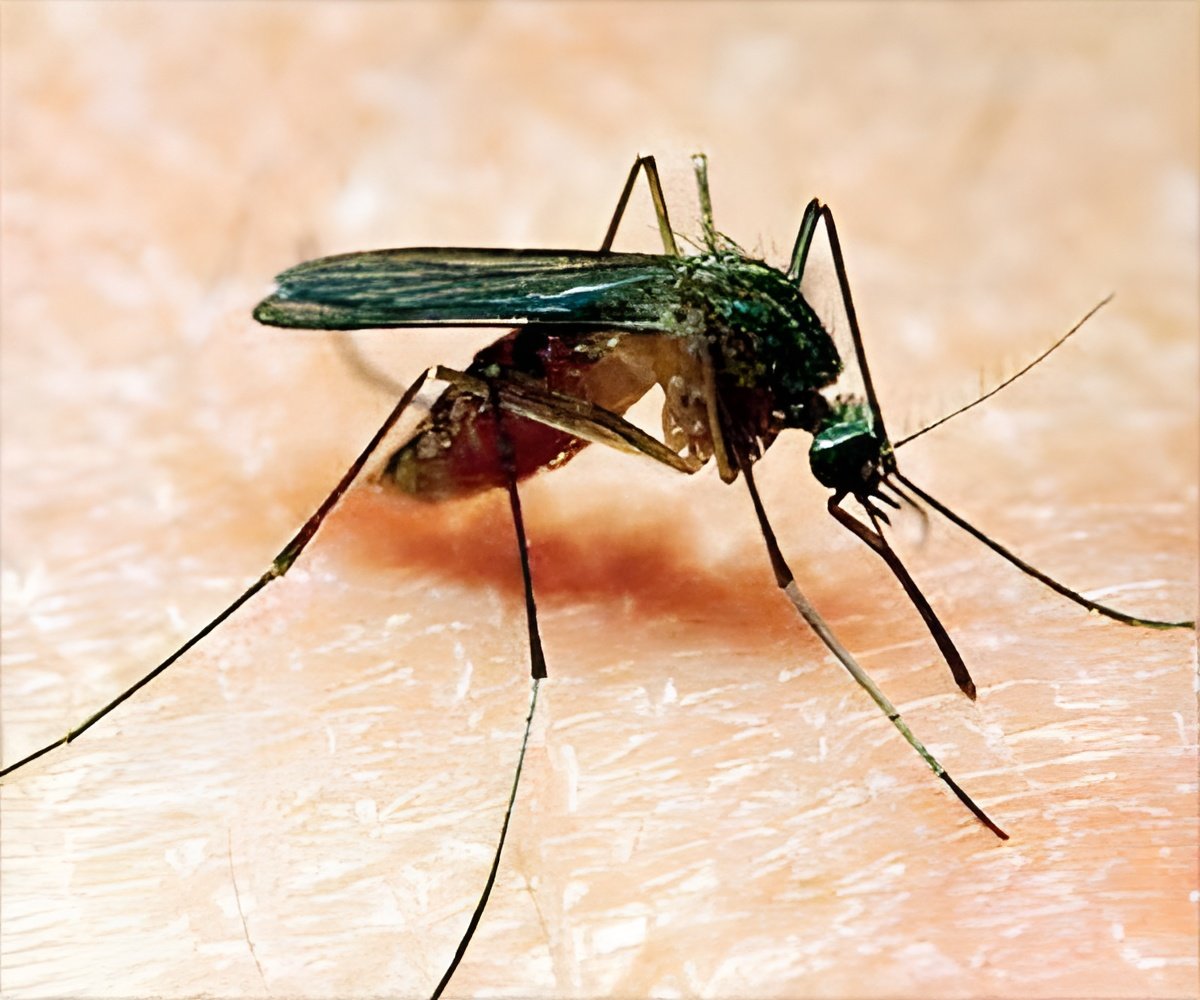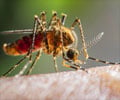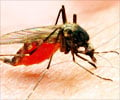Mechanism by which the bacterium Wolbachia blocks viruses in mosquito cells has been discovered by scientists.

‘Wolbachia bacterium is linked to reduced replication of dengue, West Nile viruses and breakdown of their RNA.’





Most investigations into virus blocking by Wolbachia have focused on mosquitoes' response to the bacterium; instead, O'Neill and colleagues studied the effects of Wolbachia on dengue and West Nile viruses themselves. They performed a series of experiments to examine the molecular details of each stage of viral infection in Wolbachia-infected mosquito cells. The researchers found no evidence that Wolbachia inhibits the earlier stages of virus infection, which include binding to the outside of a cell, followed by entry into the cell. Instead, the results suggest that the bacterium inhibits replication once dengue or West Nile virus is inside a mosquito cell. Reduced replication was associated with rapid degradation of viral RNA, and evidence suggested that a mosquito cellular protein called XRN1 may play a key role in this process.
Further evidence showed that the virus-blocking ability of Wolbachia also depends on the initial dose of the virus and how fast it replicates; slowly replicating viruses like dengue are blocked more effectively than faster ones, such as West Nile.
Dengue infection is increasing worldwide, with an estimated 400 million people infected every year. While further research is needed to tease out more of the molecular details behind virus blocking by Wolbachia, these new findings could help inform efforts to use the bacterium to prevent spread of disease.
"We now have a better understanding of the mechanism by which Wolbachia inhibits replication of the dengue virus and leads to the degradation of viral RNA in the mosquito cell," O'Neill explains. "This is an important step forward in deepening our understanding of the mechanistic basis of our approach to tackling the increasing global arbovirus burden."
Advertisement











